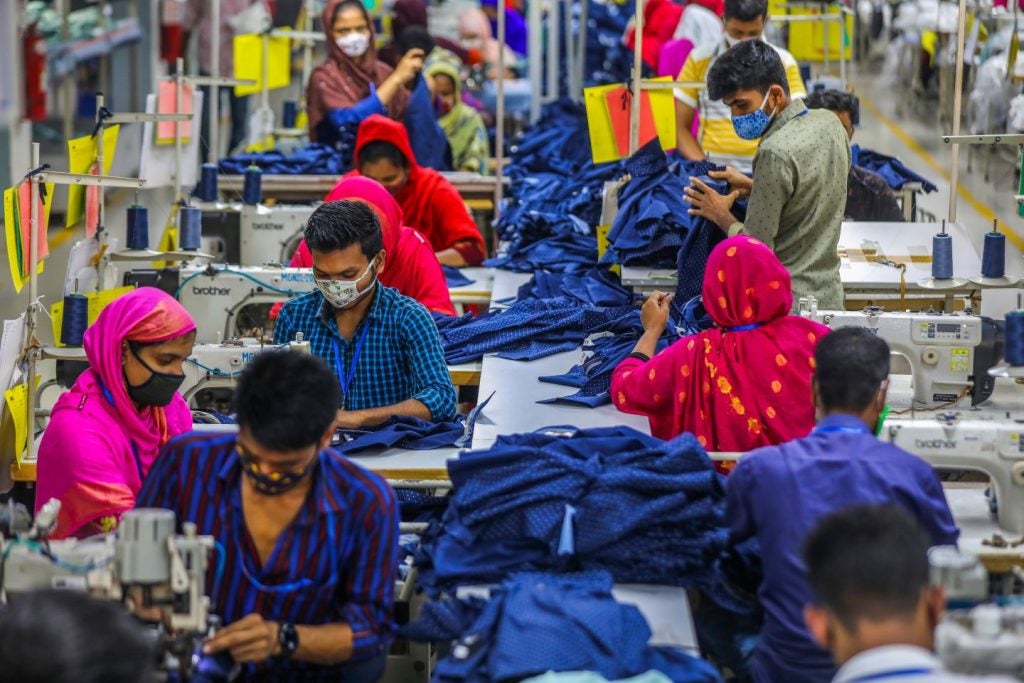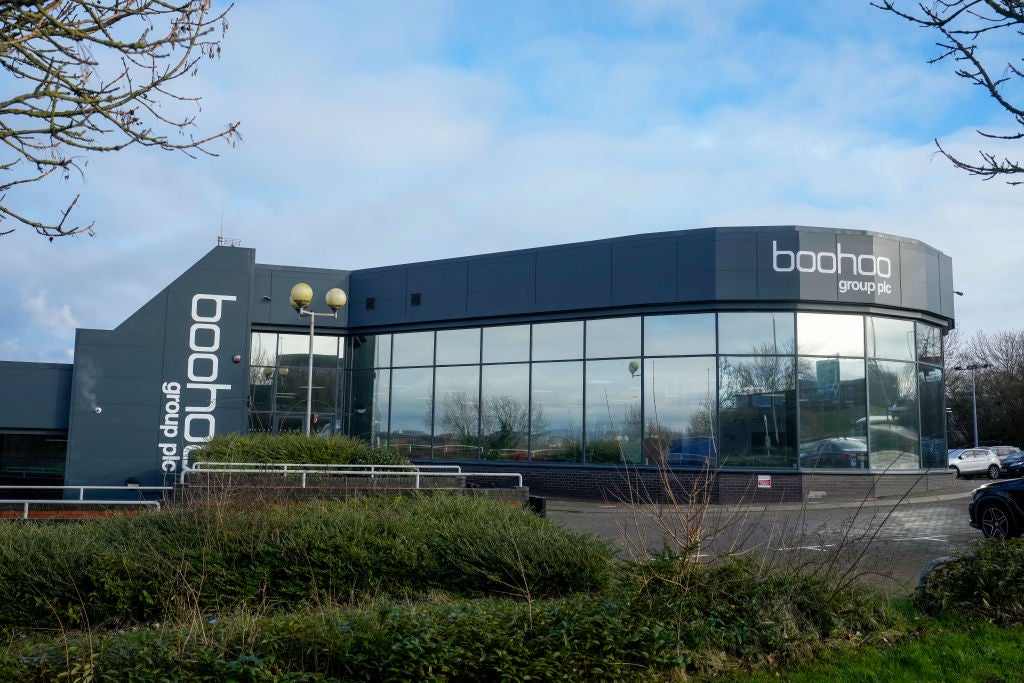As part of the capacity-building programme's launch the OECD issued a public call for applications at the OECD Forum on Due Diligence in the Garment and Footwear Sector.
The training programme is designed to support companies in carrying out risk-based due diligence to identify, prevent and mitigate adverse impacts. It is based on the OECD Due Diligence Guidance for Responsible Supply Chains in the Garment and Footwear Sector.
The free training sessions are designed for businesses sourcing garment and footwear from Egypt, Jordan, Morocco, Tunisia, and Türkiye as well as participants from other countries in the Middle East and North Africa, as well as industry associations.
The programme aims to boost capacities to respond to emerging due diligence requirements in key export markets, and build capacity on the latest OECD standards and tools relevant to the sector including the updated 2023 Guidelines for Multinational Enterprises on Responsible Business Conduct and the OECD Due Diligence Guidance for Responsible Supply Chains in the Garment and Footwear Sector.
Registration for interest in the programme must be received by 30 April.
On a panel session, which observed Chatham House rules so the speakers had to remain anonymous, one of the panellists explained for companies cooperating with their suppliers regularly, it's important to be able to “guarantee responsible supply practices.”
“Companies want to be able to engage to mitigate problems relating to upholding labour law and protecting the environment. NGO’s also have a role to play and I’d like to welcome the efforts from them. The Moroccan government has developed new regulations for public procurement in the state where a responsible supply chain is one of the most important aspects.”
The panellist added with the requirement for access to information and to be able to transmit this in the simplest terms, the OECD guidelines and guidance are very helpful.
“We make these available to professional associations and all stakeholders as well as organise seminar training sessions to bring together the stakeholders and in particular the companies. It is helpful for SMEs who don’t necessarily have the expertise to move toward responsible business conduct so capacity building can help."
Another panellist said access to information around capacity building needed to be something accessible across the entire industry.
“Any intervention needs to be sustainable. What I’ve observed in some countries is a gap between the employer's organisation and the members. It would be good to have some inclusivity when it comes to having someone in those organisations that can disseminate the information to the entire supply chain for all members they are exporting to or potentially exporting to.
“Also stakeholders need to be as transparent as possible about the data and information they are putting into the pubic domain. Capacity building in this area is definitely needed.”
Meanwhile, a third panellist, said in most of the countries the programme is being launched in, social dialogue is a challenge as is freedom of association when workers establish a union. The panellist explained this is a particular problem when it comes to enforcing health and safety mechanisms, which in many cases have led to worker deaths.
Plus, the panellist noted the danger often comes in as a result of third-party subcontracting. “That is what we don’t want to see anymore,” adding that a workaround has been working with National Contact Points at a supply chain or company level or industry level to enforce social dialogue.
“But again we cannot do this ourselves or we are mobilising more rather than executing more social dialogue. It would be good to have more brands and governments work with us on this.”
On the programme the third panellist joked about being “jealous” that it had been launched but not yet for unions and looks forward to its expansion, adding: “But I think it’s a good start point, it’s a good platform.”
This panellist also believes it needs to be expanded beyond MENA to areas like Bangladesh and India where hundreds of thousands if not millions of workers exist in this industry.
















